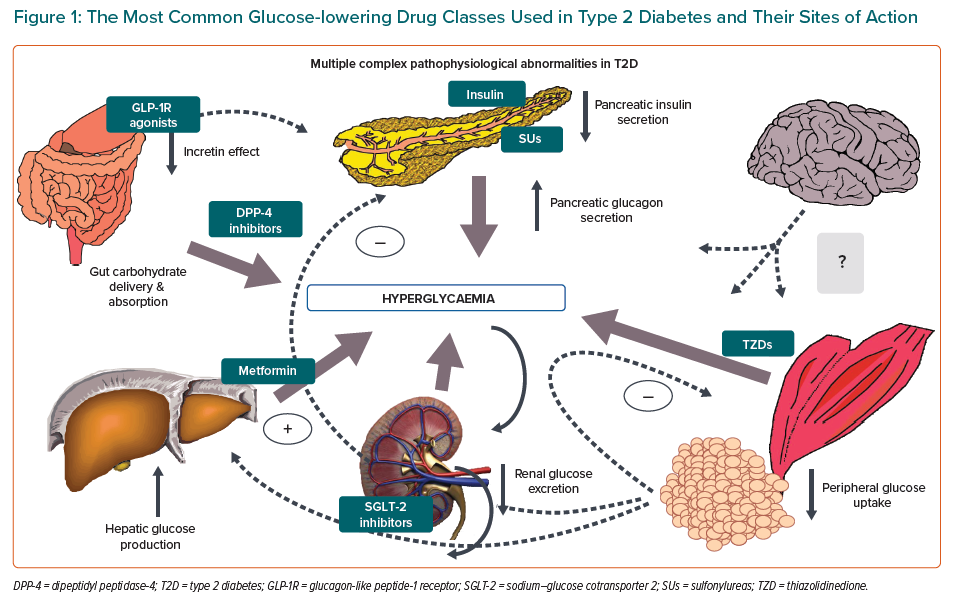
Treating heart disease in diabetics is no walk in the park. Cardiologists have to navigate a maze of complications. Amid this complexity, a strategy shines through – midtown manhattan nutritional counseling. This method is not an afterthought. It takes center stage in the cardiologists’ approach. It’s akin to a master chef carefully selecting the ingredients for a healthy meal. The objective is clear – control diabetes and reduce heart disease risk. Read on to understand their approach in detail.
The Role of Nutrition
Nutrition is a powerful tool. It’s like the sun, essential for life. There’s no denying its influence on our health. In heart disease management, it’s even more vital. Especially, in diabetic patients.
Why? Simple. Diabetes is a disease of blood sugar control and what we eat directly impacts our blood sugar levels. Hence, nutrition becomes the frontline defense. But it’s not about deprivation. It’s about balance.
A Different Nutritional Approach
Nutritional counseling is at the forefront of this approach. It’s not a cookie-cutter plan. It’s tailored to the individual. Like a well-fitted suit, it considers your lifestyle, preferences, and health goals. It’s about making smart, sustainable choices and it’s about providing the support to make those changes stick.
Comparison of Outcomes
Let’s look at the difference this approach can make. Here’s a table comparing outcomes for patients who received nutritional counseling and those who didn’t:
| NUTRITIONAL COUNSELING | NO NUTRITIONAL COUNSELING | |
| Reduction in HbA1c Levels | 1.5% | 0.5% |
| Decrease in LDL Cholesterol | 15% | 5% |
| Improvement in Blood Pressure | 10 mmHg | 2 mmHg |
The numbers speak for themselves. Nutritional counseling has a tangible impact. It’s not just about reducing heart disease risk. It’s about improving overall health.
Conclusion
Treating heart disease in diabetics is complex. But with the right approach, it’s manageable. Nutritional counseling provides that approach. It empowers patients. It equips them with the tools to take control of their health. It’s not a magic bullet, but it’s a step in the right direction and sometimes, that’s all you need to start a journey toward better health.
For more detailed information on this topic, check out the American Heart Association’s guide on The Link Between Diabetes and Cardiovascular Disease.
